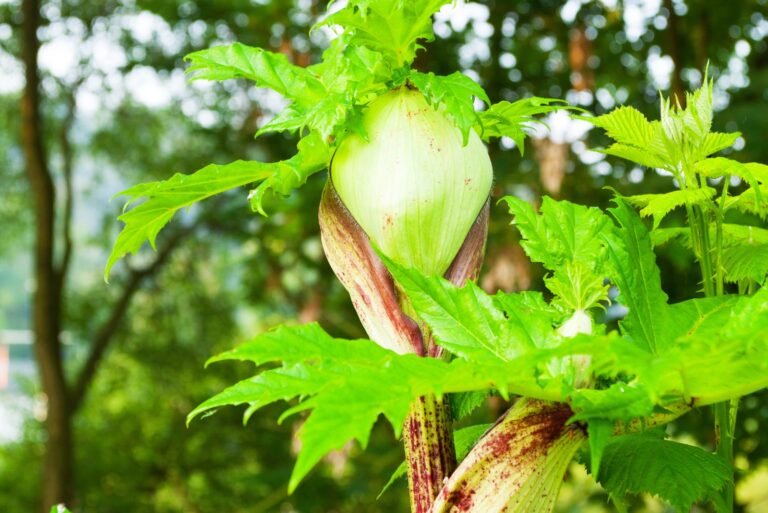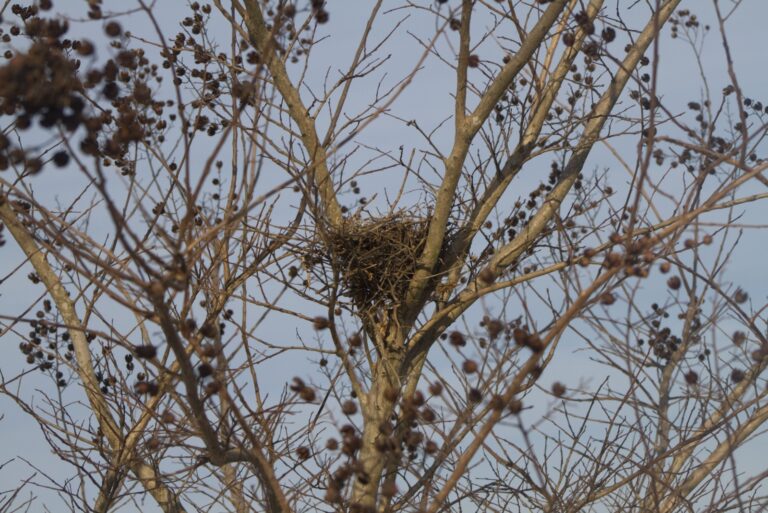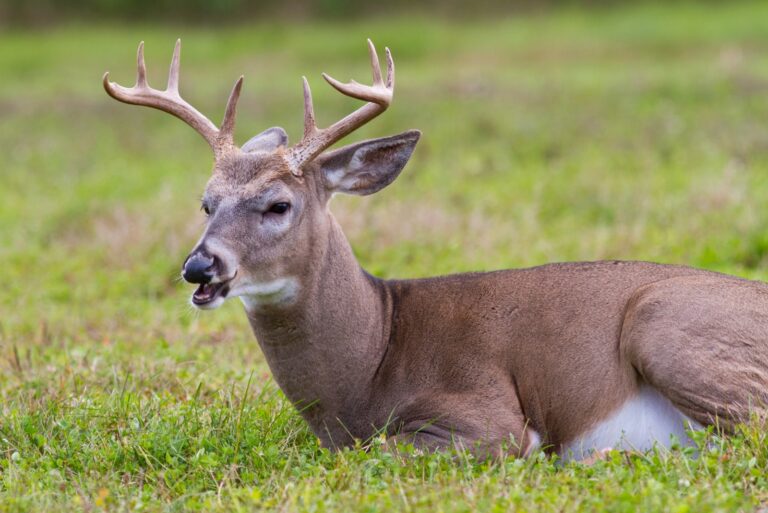10 Creatures Pennsylvania Gardeners Are Legally Forbidden To Remove
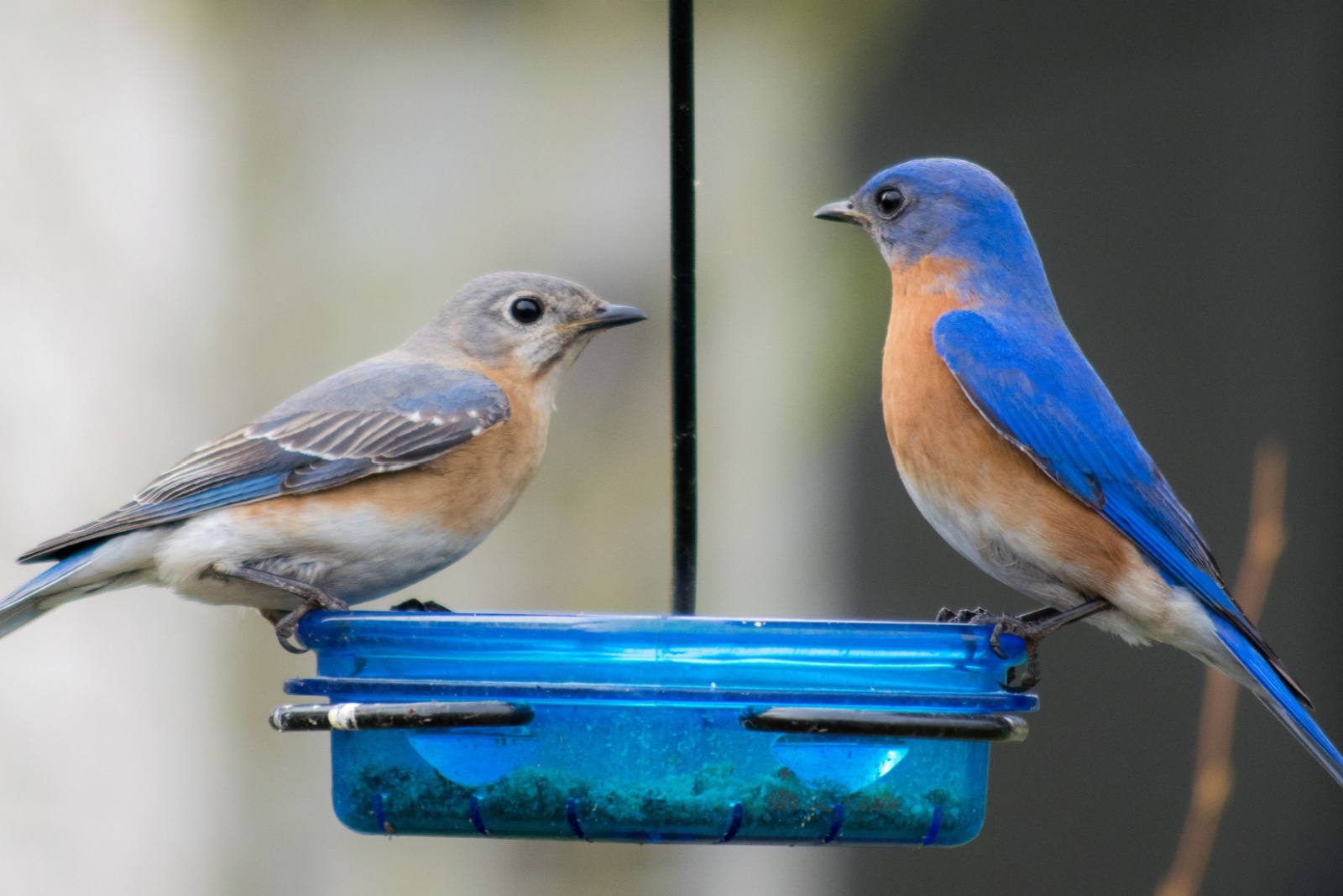
Pennsylvania’s gardens aren’t just havens for plants—they’re also home to wildlife that’s protected by state law. As gardeners, we need to know which creatures we can’t legally remove, even when they nibble our tomatoes or dig up freshly planted bulbs.
In my own Pennsylvania garden, I’ve learned that some animals are better left alone—even when they make yard work more challenging.
1. Box Turtles Living Near Garden Beds
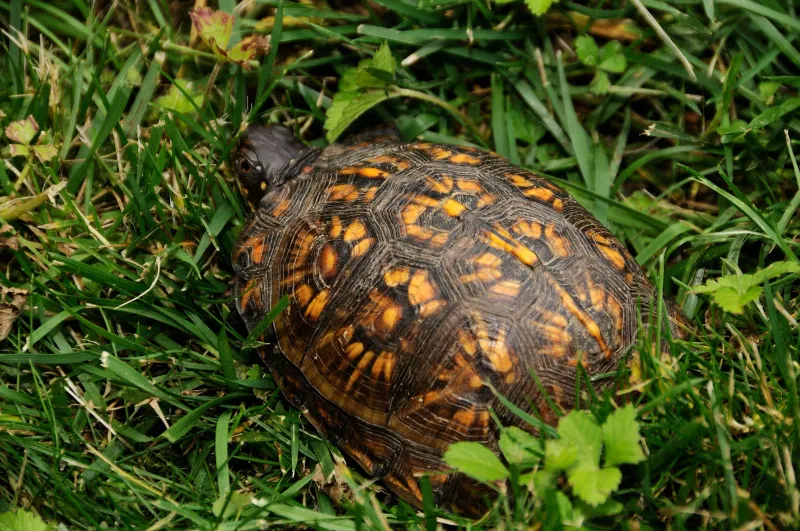
These slow-moving reptiles might seem like simple garden visitors, but they’re actually protected under Pennsylvania conservation laws. Eastern box turtles have experienced significant population decline due to habitat loss and road mortality.
When you spot one near your raised beds or compost pile, resist the urge to relocate it. Box turtles have a remarkably small home territory and moving them even a short distance can disorient them completely.
I once discovered a box turtle hiding beneath my strawberry patch. Instead of removing it, I built a small corridor allowing it safe passage while protecting my berries with a simple mesh barrier.
2. Eastern Bluebirds Nesting In Backyard Boxes
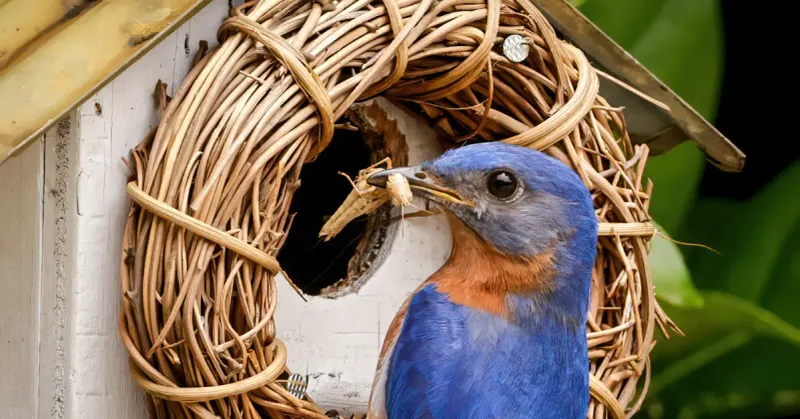
Many Pennsylvania gardeners install bluebird houses without realizing these vibrant songbirds are protected under the Migratory Bird Treaty Act. Once their nests contain eggs or young, disturbing them becomes illegal.
The law prohibits moving, destroying, or even touching active nests without proper permits. My neighbor learned this lesson when bluebirds built a nest in his toolshed eave—the family project to relocate the birds had to be postponed until after fledging.
Garden planning should account for these seasonal visitors. Position bluebird houses away from high-traffic garden areas to avoid conflicts that might tempt you to disturb these legally protected birds.
3. Honey Bees That Pollinate Flowers And Crops
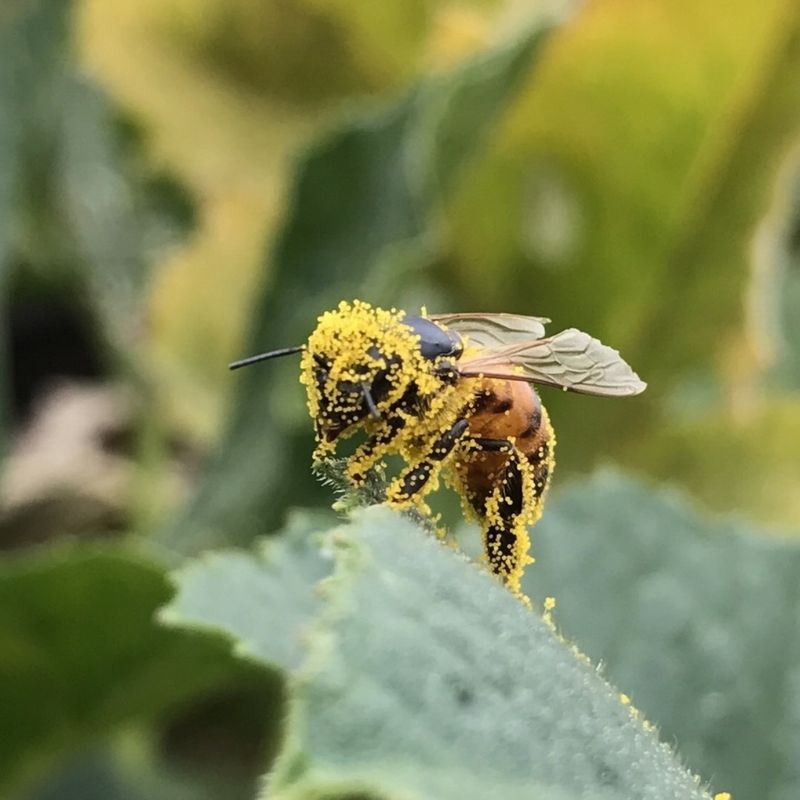
Pennsylvania law takes honey bee protection seriously, especially as pollinator populations face ongoing threats. Even when a honey bee colony establishes itself in an inconvenient garden location, gardeners cannot legally destroy it.
The state requires that established colonies be properly relocated by registered beekeepers rather than exterminated. Last summer, a small swarm moved into the hollow of my old apple tree—a perfect reminder of why we need these pollination powerhouses.
Instead of panicking, I contacted a local beekeeper who safely relocated them while explaining how the colony would have pollinated my vegetable garden and fruit trees far better than I could have hoped for.
4. Barn Owls Roosting In Old Trees
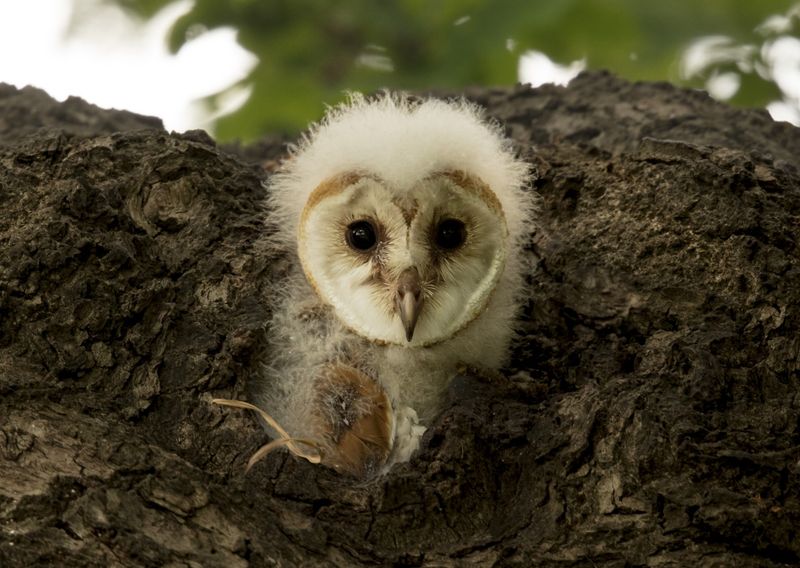
Finding barn owls nesting in your garden’s mature trees might seem like a mixed blessing. Their nocturnal hunting keeps rodent populations in check, but their presence limits pruning and tree work during breeding season.
Pennsylvania classifies these raptors as threatened, making it illegal to remove them or disturb their nesting sites. When I discovered a barn owl family in my old sycamore, my planned tree trimming had to wait several months.
The reward came later when I watched the parents teaching their fledglings to hunt across my garden at dusk. Their silent flight and rodent control services more than compensated for the temporary inconvenience to my landscaping schedule.
5. Little Brown Bats In Rooflines And Sheds
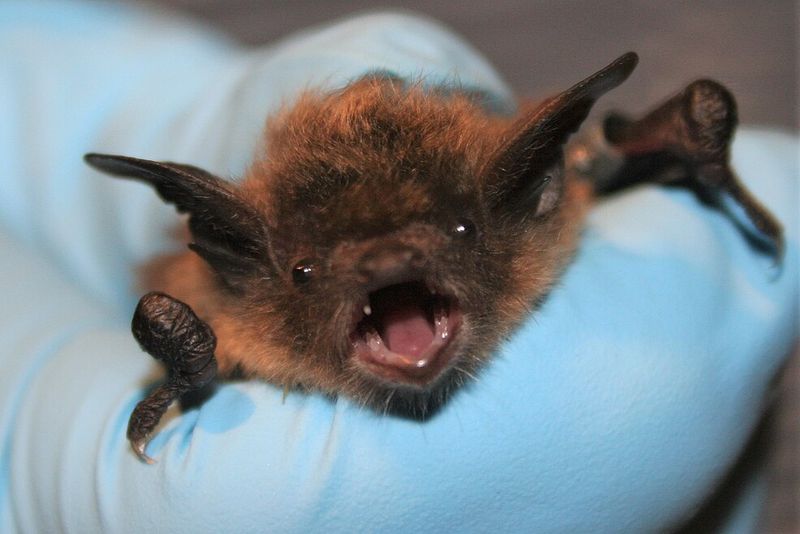
Garden sheds and outbuildings often become home to little brown bats, which face serious threats from white-nose syndrome. Pennsylvania law strictly prohibits disturbing or removing bat colonies, especially during maternity season when pups are present.
Each bat consumes thousands of mosquitoes and garden pests nightly—nature’s most effective insect control. When a small colony took up residence in my garden shed’s eaves, I learned to adjust my timing for retrieving tools rather than disturbing them.
The state conservation department offers free guidance for gardeners dealing with protected bat species. They helped me install a proper bat house nearby, creating an alternative roost that eventually drew them away from my frequently-used shed.
6. Garter Snakes Around Stone Borders
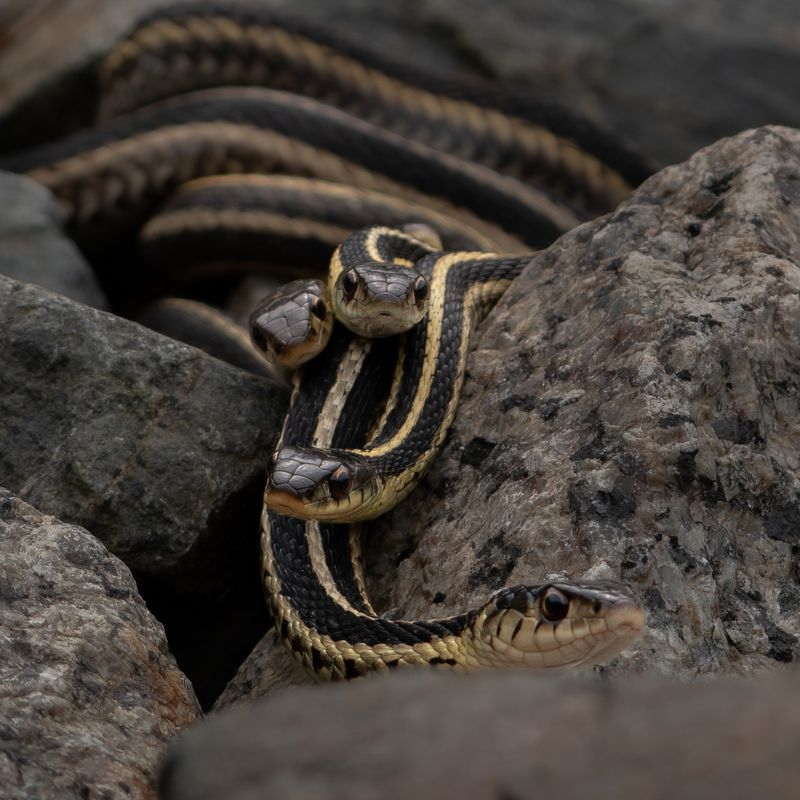
The common garter snake causes unwarranted fear among many gardeners, but these harmless reptiles are protected from collection or killing under Pennsylvania’s Fish and Boat Commission regulations. Their diet consists primarily of slugs and insects that would otherwise damage garden plants.
My stone-bordered herb garden became home to a family of garter snakes last spring. Rather than trying to remove them, I learned to appreciate how they controlled the slug population that had previously decimated my basil plants.
For gardeners uncomfortable with snakes, the best approach is creating small gaps in stone features rather than attempting removal. This gives the protected snakes alternative pathways through your garden that don’t cross frequently used walkways.
7. Salamanders Hiding Under Moist Soil And Mulch
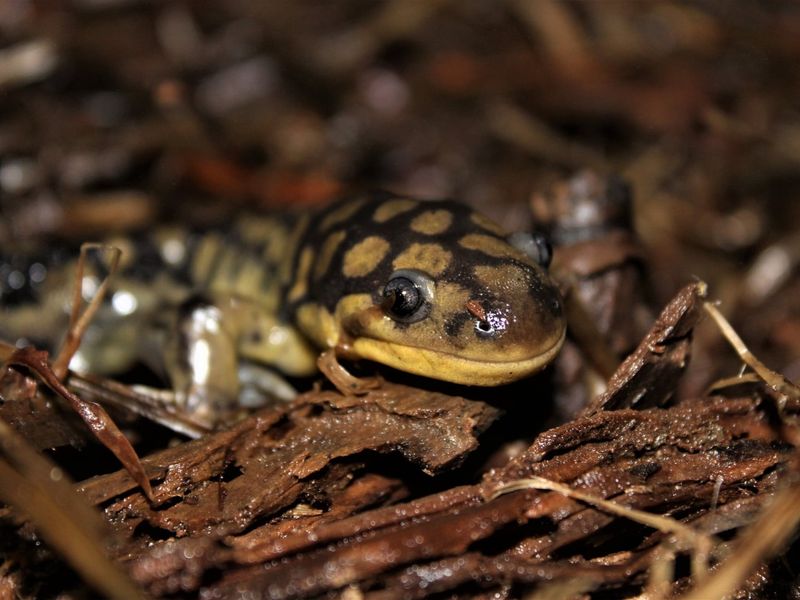
Pennsylvania’s woodland gardens often harbor several salamander species that fall under state protection laws. These amphibians thrive in the damp environments created by mulched beds and shady garden corners.
Moving logs or disturbing leaf litter in early spring can unintentionally harm their breeding grounds. When renovating my woodland garden path, I discovered a cluster of red-backed salamanders beneath an old rotting log and had to modify my plans to preserve their habitat.
Gardeners should maintain some undisturbed areas with leaf litter and decomposing wood. Creating these salamander-friendly zones not only keeps you compliant with wildlife protection laws but also introduces natural pest control for your garden ecosystem.
8. Woodpeckers In Fruit Trees And Fences
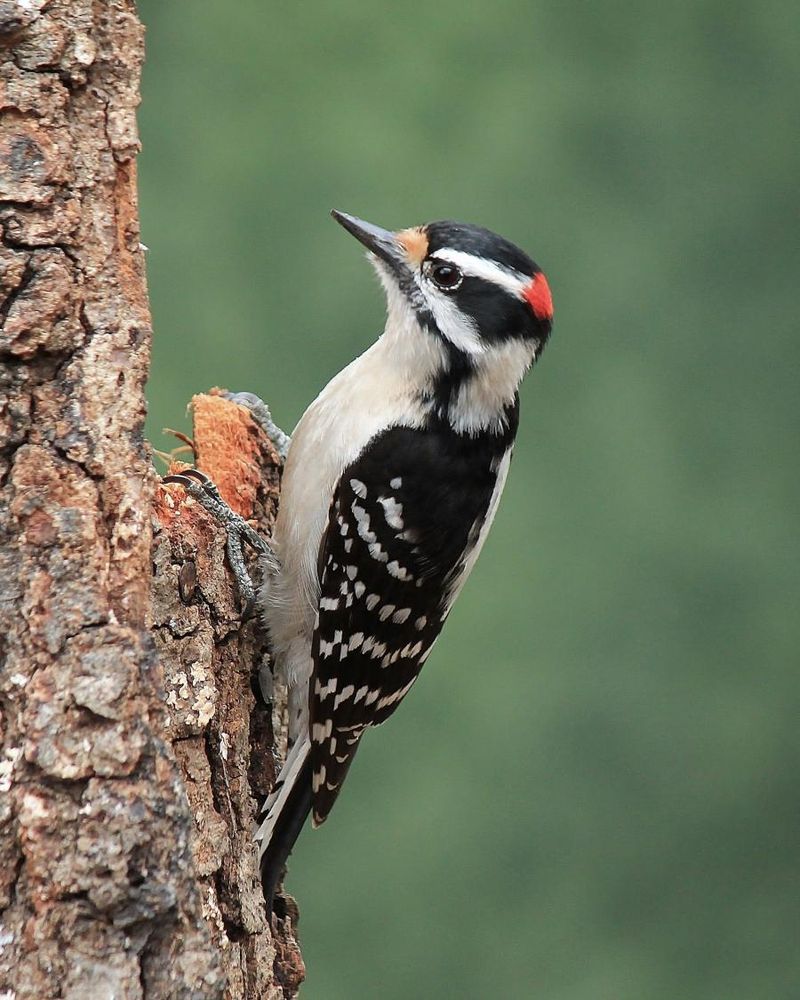
The rhythmic drumming might drive you crazy, but all woodpecker species in Pennsylvania fall under federal protection through the Migratory Bird Treaty Act. Removing or harassing these birds—even when they’re damaging your garden structures—is strictly prohibited.
A determined downy woodpecker spent last spring drilling holes in my garden fence posts. Instead of shooing it away, I installed several suet feeders at the garden’s edge and created a designated “woodpecker tree” from a dead trunk.
Garden planning should account for these persistent birds by using metal flashing on vulnerable wooden structures. Pennsylvania gardeners who work with rather than against woodpeckers find these birds actually help control insect pests that damage fruit trees and garden plants.
9. Monarch Butterflies Resting On Native Plants
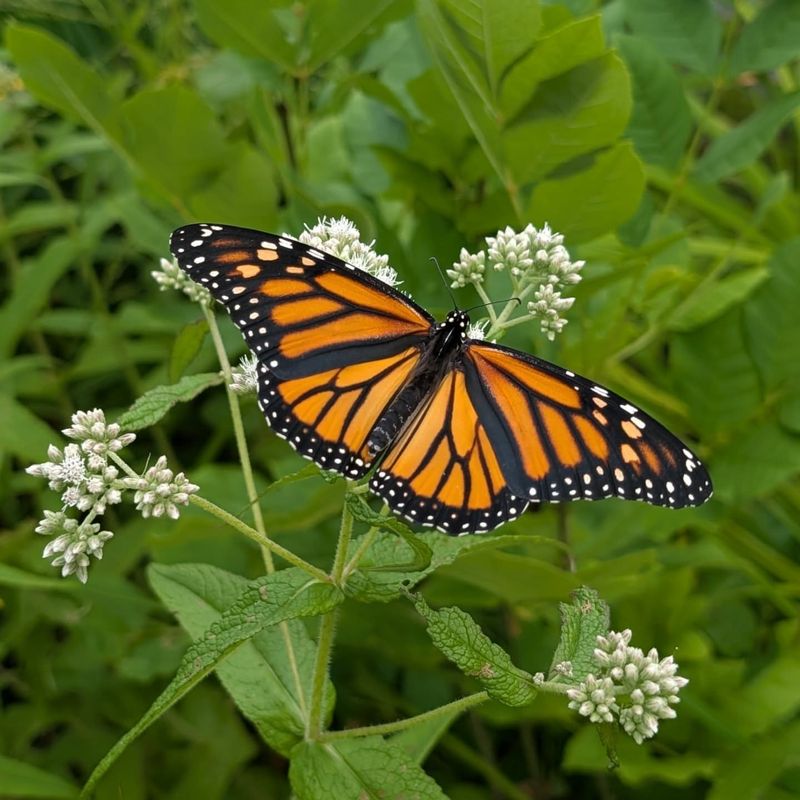
Pennsylvania recently added monarch butterflies to its list of species of greatest conservation need. Removing monarchs or disturbing their habitat—including milkweed plants—can violate state conservation guidelines designed to protect this iconic pollinator.
My front yard native plant garden became a monarch nursery last summer when several females laid eggs on my milkweed patch. Watching the caterpillars grow became a neighborhood attraction, with children stopping by daily to check their progress.
Gardeners should leave milkweed plants standing even after they look ragged from caterpillar feeding. What might seem like destructive insect damage is actually the essential life cycle of a protected species that Pennsylvania law aims to preserve in our gardens.
10. Praying Mantises Among Vegetables And Shrubs
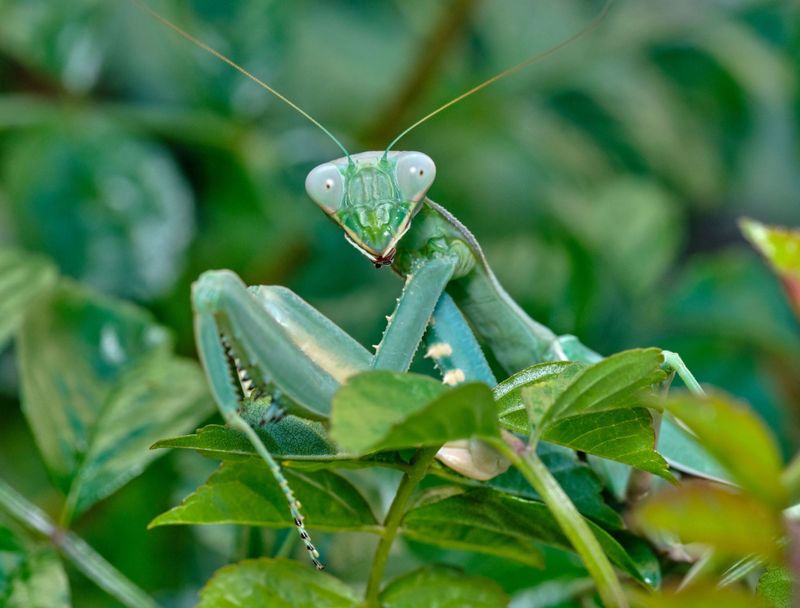
The distinctive shape of a praying mantis might startle you while harvesting tomatoes, but these beneficial predators have special protected status in Pennsylvania gardens. State agricultural regulations prohibit killing or removing these natural pest controllers.
Mantises consume numerous garden pests including aphids, caterpillars, and beetles that would otherwise damage your plants. The first time I spotted an egg case attached to my garden fence, I nearly removed it before learning about their protected status.
Pennsylvania gardeners should leave mantis egg cases undisturbed through winter. Each case can contain hundreds of beneficial insects that will help maintain the ecological balance of your garden without requiring chemical interventions that harm other wildlife.

